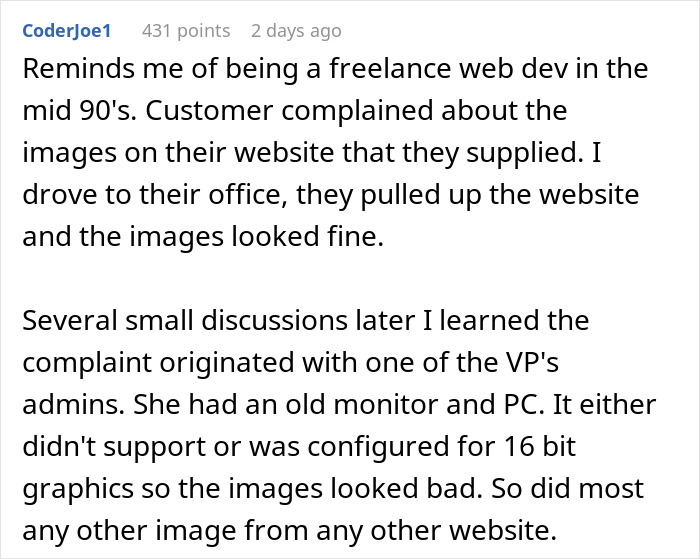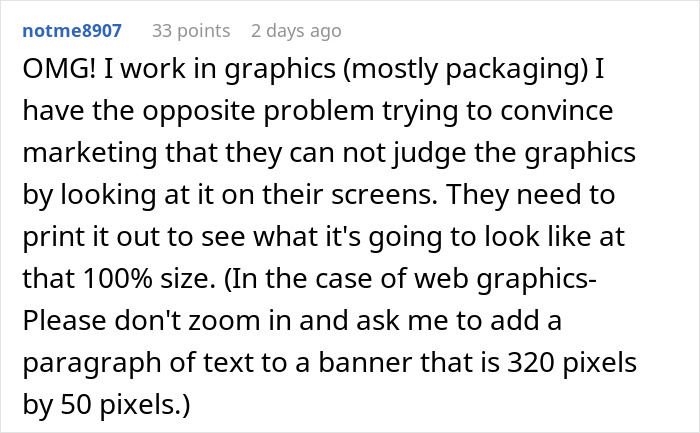Work disputes are nearly inevitable. Anyone who has worked in a team knows it requires patience and perseverance to get things done. When someone lets the team down, it can be incredibly frustrating.
One Reddit user on r/MaliciousCompliance shared an encounter with a new hire who significantly increased the team’s workload. During a demo, field agents reported issues with the graphical user interface (GUI). However, the new hire made things much more difficult by insisting the GUI looked fine because it appeared correctly on her own screen.
More info: Reddit
How would you react if your colleague proved to be difficult over an issue that could easily be resolved?

Image credits: Andrew Neel (not the actual photo)
A graphic designer was hired to develop a new GUI for field agents who had small laptops. However, she didn’t consider the limitations of the smaller screens
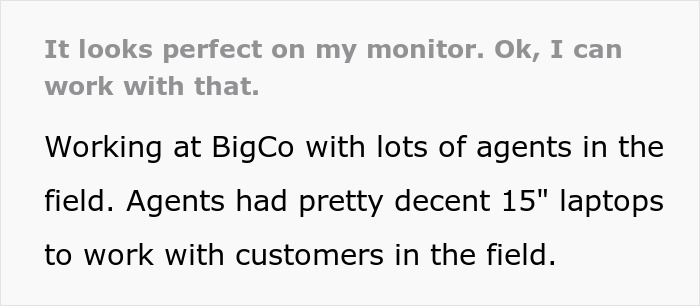
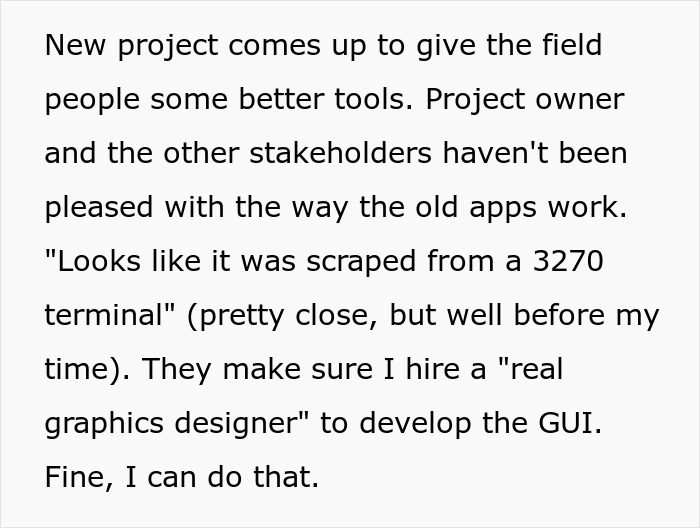
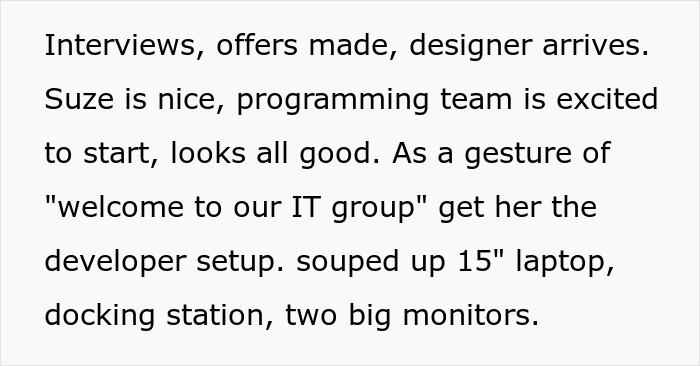
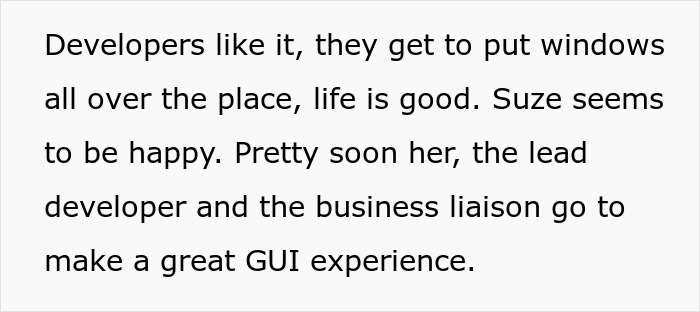
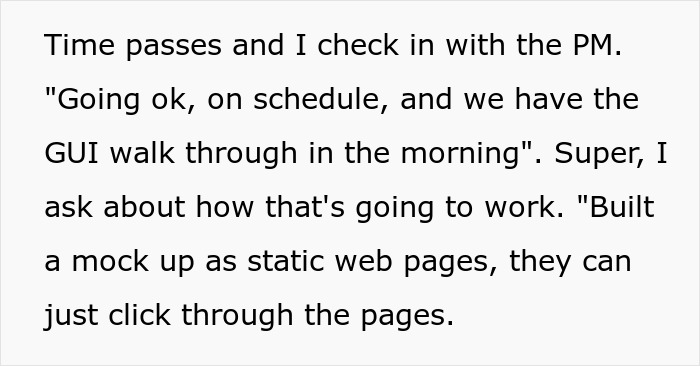

Image credits: Tranmautritam (not the actual photo)
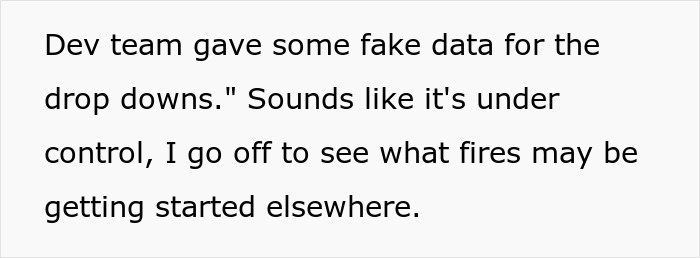
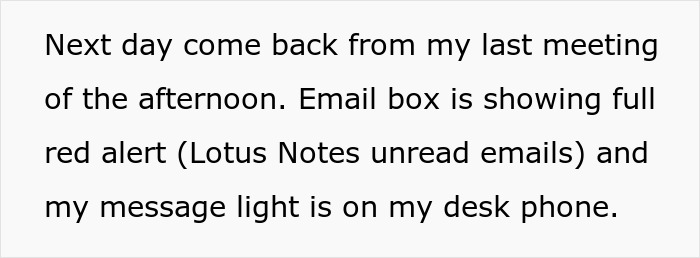
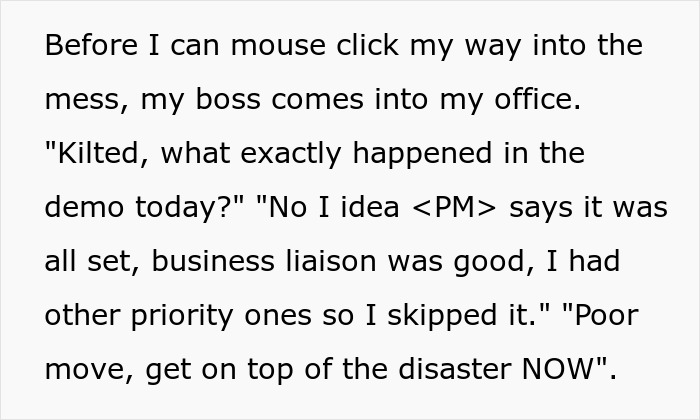
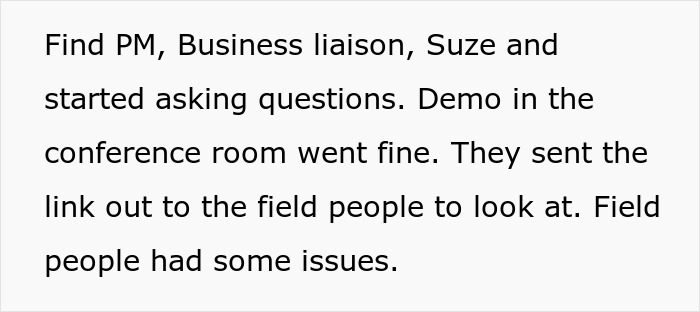
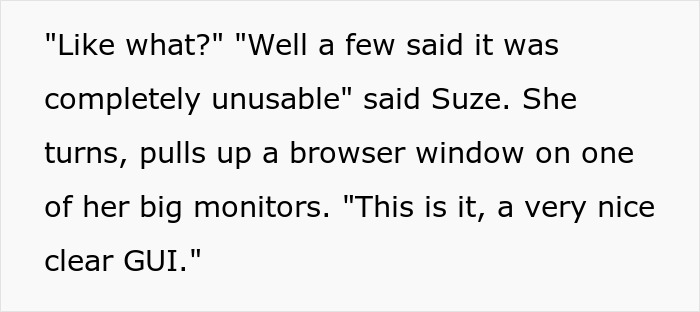

Image credits: RF._.studio (not the actual photo)
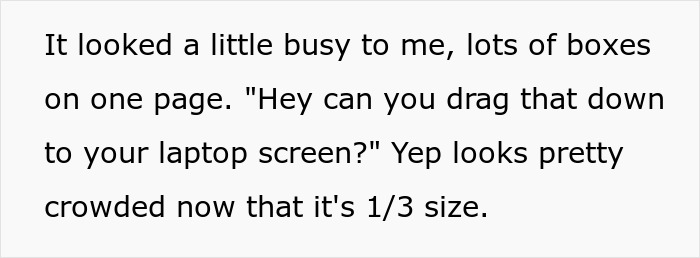
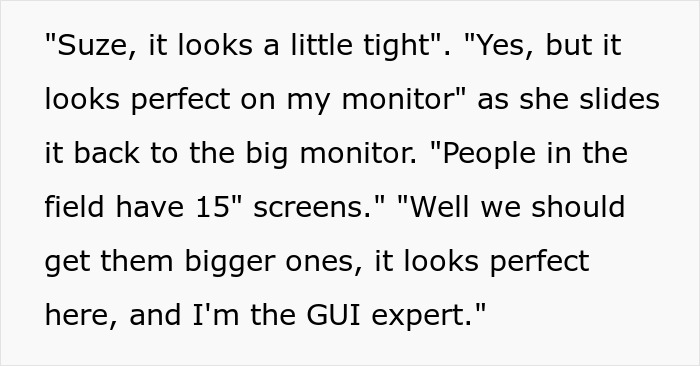

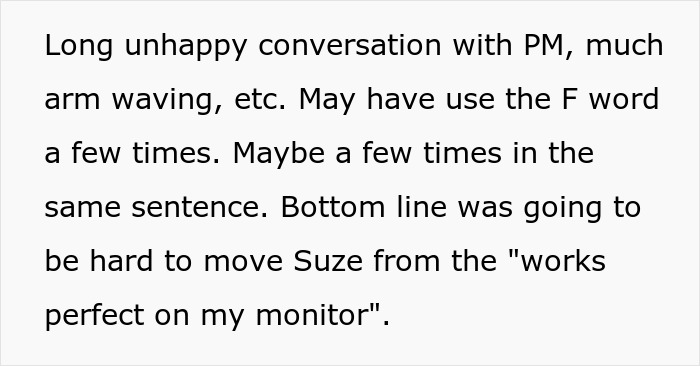
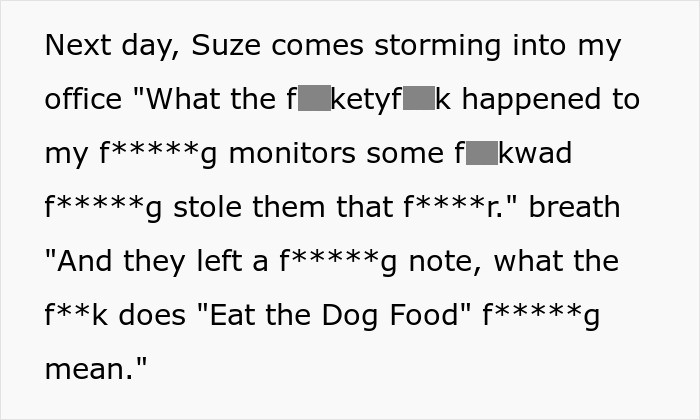

Image credits: Yan Krukau (not the actual photo)

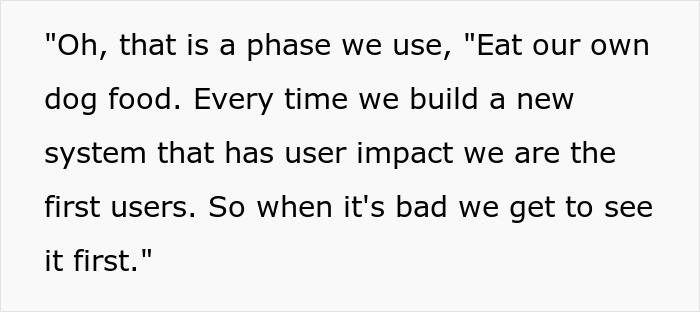

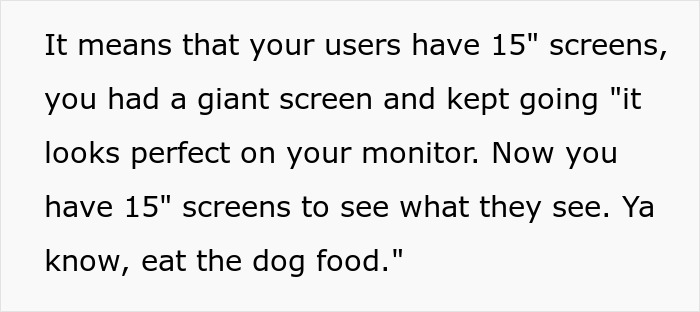

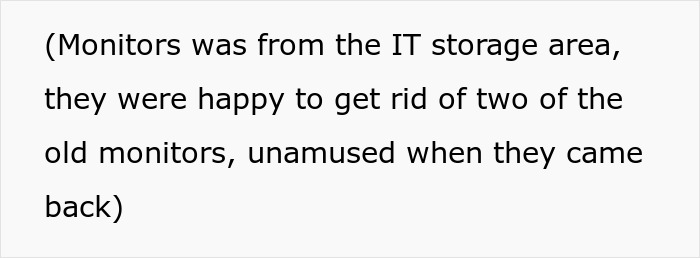
Image credits: kiltedturtle
The designer was resistant to feedback, so as a consequence, her monitors were replaced with smaller ones so she could experience the interface firsthand
The post author works at BigCo and was tasked with a new project to develop a new graphic user interface (GUI) for field agents who were using outdated and clunky software.
They brought in Suze, the latest designer on the team, and they ensured her the proper welcome-to-the-team package which included a souped-up 15-inch laptop, docking station and two big monitors. The workflow was seemingly running smoothly until it wasn’t. The OP was called in by his boss who mentioned that the field agents couldn’t use the GUI. He was tasked with finding the cause, and discovered with the help of the PM and business liaison that mainly Suze was responsible.
When the OP pointed out the problem, Suze, claiming to be the GUI expert, insisted it looked perfect on her monitor. After much back-and-forth with the project manager, it became clear that it would be challenging to convince Suze otherwise.
A solution was found: move Suze’s monitor and replace it with smaller ones, forcing her to experience the problems firsthand. Needless to say, she wasn’t pleased upon returning to work. A lot of unpleasant words were exchanged and the manager had to explain to Suze the concept of “eating the dog food”, which means using the product yourself to understand the user experience. Suze then had to redesign the GUI for the smaller screens, and the revised version was well-received by the field agents. As a result, she eventually got her monitors back.

Image credits: RDNE Stock project (not the actual photo)
Work can be constant and stressful, so creating a pleasant workplace with supportive colleagues is important. After all, we spend a considerable amount of time with them. In an interview with Amy Gallo, a workplace dynamics expert on Forbes, she reveals that most employed adults spend more time with coworkers than family. These hours together lead to significant reflection on both work and the people involved. Great relationships with peers positively impact our performance and lives, while sour relationships can have negative effects that ripple through our lives. Gallo states that coworkers and family members who offer support often become victims of “emotional shrapnel” by absorbing our stress. To protect ourselves and those around us from the fallout of challenging coworkers and be more effective in our jobs and lives, we must learn to navigate these situations more effectively.
Rallybright emphasizes the importance of having realistic expectations when dealing with difficult coworkers. Remember, it’s not realistic to like and be liked by everyone. Sometimes, you simply won’t get along with another person; you might rub each other the wrong way. When this occurs, it’s helpful to remember that the feeling is often mutual. The key is to manage yourself and maintain professionalism and, ideally, kindness, even when your patience is tested.
Additionally, chances are that your situation isn’t permanent. Difficult colleagues often have a high turnover rate. It’s not worth engaging in a temporary problem if it will cause lasting damage to your reputation or career. Remember, this too shall pass.
Internet folks applauded the poster in the way they chose to tackle the problem, with many puzzled about Suze’s action

